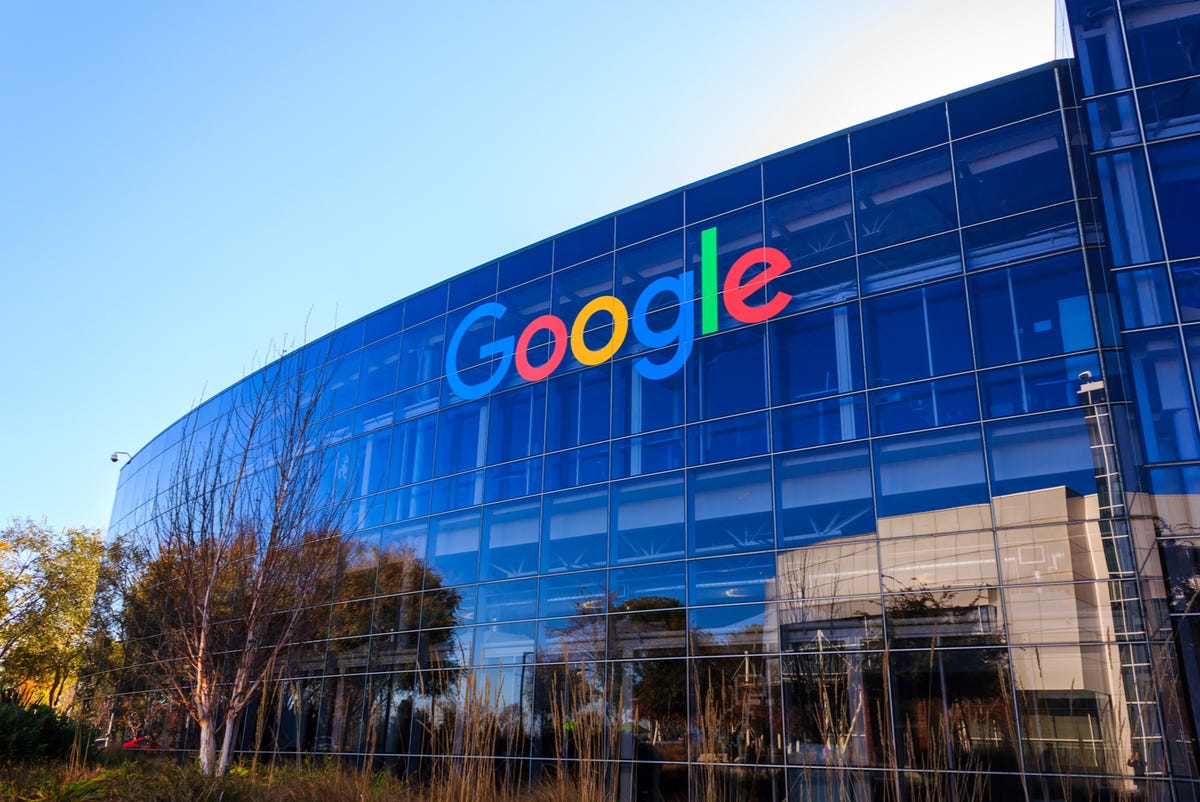Google’s new motto: Don’t be evil, be Apple

Is it all coming together? Maybe.
achinthamb — Shutterstock
Play word association with me, please.
When I say “Google,” what's the first thing that comes to mind?
For me, it's “Pixel 6” because Google promised it would market it until everyone loved it. And I like love.
For many, however, the first words may be “court case,” “lawsuit,” “monopoly,” and “employee unrest.”
Yet I've recently been associated with the notion that Google is changing its attitude and becoming far more human-friendly.
At CES, the company announced something that appeared to resemble an attempt to integrate its wares with all sorts of other wares.
Imagine now being able to set up your Chromebook via your Android phone. A veritable revolution.
There was also the ability to unlock your Chromebook, Android tablet, or Android phone using your Wear OS smartwatch.
It's all so very sensible. It's all, you might think, so very Apple.
One of the foundations of Apple's offerings has been the (relatively) simple way that its products can integrate with each other.
It reflects an understanding of, well, humans. Technology makes humans ever lazier. It also makes them even more demanding.
When a tech company encourages you to use several of its products, in several formats and in separate situations, it's entirely sensible that these products should be able to communicate with each other. In the same language.
This is one of the signature reasons humans gravitate toward Apple. “It just works” became “They just work together.”
You might think it odd that the likes of Google have been so late in discovering this joy.
Is it so odd, though? If your heart — or, perhaps more accurately, mind — was traditionally focused on software, you may have a different view of how humans operate. Just ask Mark Zuckerberg.
Or you may, indeed, end up designing primarily for software engineers, rather than real, sentient humans. (This seems to have happened at Google relatively often in the past.)
So you've created a distinct thing that impresses you and your fellow engineers, which may work well enough online. But when you begin to create hardware, you may not have quite the delicate human instincts of those in the outside world. I'm not, of course, specifically referring to Google Glass here.
Still, this new breath of Google-driven integration leaves me delighted. Apple has often bathed in its complacency and, I suspect, chuckled at the mess at the neighboring house, the one on the other side of its walled garden.
Now at least, you might think, there could be a truly relevant competitor for the ecosystem experience — as long as Google can continue to make decent phones, that is.
Actually, talking of phones, I'm not sure Google's quite there yet. Last week, a Vice writer expressed his pain that his Pixel 3 would no longer get software updates. Yes, after a mere three years.
Surely Google's response was, given its new ecosystem/customer-friendly penchant, to declare that it would immediately address this issue.
Well, no. Instead, it was this: “We find that three years of security and OS updates still provides users with a great experience for their device.”
Adaptation to the new togethering world and its new Appleized intentions won't be so simple for Google, despite its great pretensions.
This is despite the fact that even the EU is suggesting Google should become a little more like Apple.
In its peace-in-our-time CES announcement, Google also declared its very useful Fast Pair feature would also work to connect Android phones with Windows.
The words: “For the first time with Android, we're also focused on building for other platforms, like Windows, whether it's in gaming, productivity or other areas.”
The reality: “We're working with Acer, HP, and Intel to bring these experiences to select Windows PCs first later this year.” Is that all?
You have to start somewhere and Google is unquestionably starting in the right place. Finally.
Just think how much easier it would have been if the company had realized sooner what people really wanted.
Stuff like customer service, you understand.

